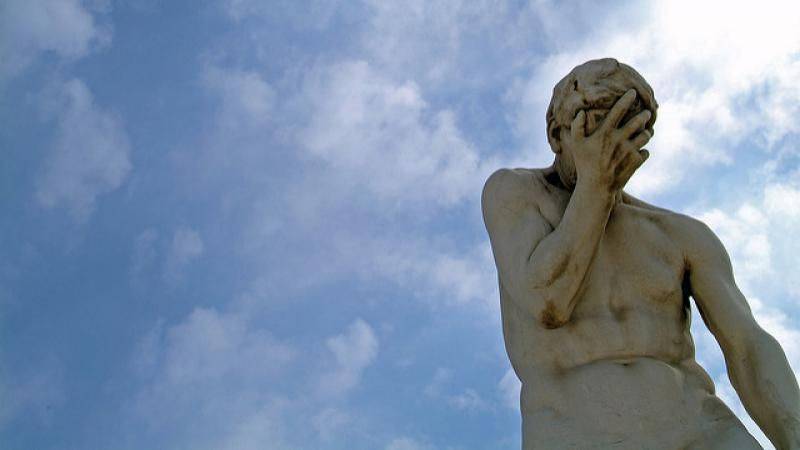
Shame - Virtue of forgotten wisdom
Archpriest-Stavrophor Boris B. Brajovic
We live in a society without shame. To the society of forgotten virtues that we know so little about because we were not educated in them. And to be educated, according to Polybius, simply meant 'to see if you are worthy of your ancestors'. But an ancestor is not simply the one who precedes us, but the one who transmits what has been preserved from his ancestors. It is a tradition, not a past that has disappeared, but a relationship that is created between generations. It is the cultural identity and imprint in time of a nation. In The Book of the Philosopher, Nietzsche states that truth and lies are physiological. Therefore, they concern something that is innate to our nature, which constitutes the character of the very being of man, which means that man is the only being who takes responsibility for his existence and that he is conditioned not by the possibility of choice but by responsibility in the freedom of existence. While there were traditions and ancestors, the search for freedom in Montenegro seemed primary and self-evident. Being free meant not only freedom from the external tyrant but even more from those internal impulses that govern his existence, those animal instinctual urges and the self-confidence of an existence left to fate and elements. This is how a community was built in which relationship and not personal gain was the achievement of the national ethos. But those kinonian schools and sanctuaries of our ancestors that retreated before nihilistic ideologies, before quasi-religions today "liberated" the community from any future in which shame is a virtue. Man is the only problematic being in the world who is heroically vulnerable and open to the future and to others. And it is problematic that man is not only able to foresee, but also that he is capable of looking back.
By immersing ourselves in the world of our ancestors, today we can shed light on our position, and this can best be understood in terms of the basic concepts of truth, responsibility, shame and freedom. Shame is a kind of metaphysical deus ex machina of our lives that reflects the tension of its mediating position. The Greek word αιδως/aidos shame is etymologically based on the feeling of shame that arises from isomorphic androgynous anatomical features, unlike the Proto-Slavic lexeme where shame has that metaphysical dimension because it comes from the word stud, cold which is caused not by thermal but by anthropogenic reasons. And let me say here that shame and shame are not the same and that the reflection of the language confirms this for us because shame comes from the word shame and it refers to the feeling of the past of the retrospective view and it hides the act of the present while shame is of the future because it is the guardian of being. Shame is our guardhouse and therefore the question of the future of shame and the question of the survival of homo pudicus is the ultimate question of humanity. Dietrich Bonhoeffer notes in his Ethics that shame expresses a rupture within human self-understanding, a separation that points to a desire for a lost unity. Much earlier in 1913, in an essay that will be published posthumously, Max Scheler on Shame and the Feeling of Shame (Scham und Schamgefühl) was on the trail of another sense of the feeling of shame. For Scheler in this little-known essay, shame is an individual, paradigmatic human experience. There is no, Scheler declares, a "clearer, sharper and more immediate" expression of the human condition than shame, which confirms that man is between the divine and the animal. Shame is characteristic of man precisely because human beings are a bridge, a transition, a point of contact between the essential and the real. Inherent in this human position midway between God and animal is "the basic condition of essence a sense of shame."
And according to Plesner, man is an ambiguous, openly broken being. One of the two Jewish terms for man in the Hebrew language are Adam and Enosh. They have different etymologies and cannot be related to the fact that Enos appears more in poetic descriptions. Only in Ps 8, 4 do they stand together: "What is a man (enos). or the son of man (benadam) that you visit him?".? The basic meaning of this Enosh in Hebrew ranges from "to be weak" and "to be sociable." And that is what constitutes shame in the polarities of community awareness and awareness of one's own being. Interestingly, but what is crucial is that shame appears as a category in the story of the creation of man. Carmelo Dotolo considers this a very significant consideration of shame because it is situated within the consideration of creation as a paradigmatic and archetypal space for understanding humanity. He will write: "Looking at shame and shame in primeval history understood as an arc that unifies the sequence of events, means to give them a hermeneutic function for biblical humanism that points to the invisible and conflicting face of humanity, called to a relationship that would transcend nature, desire, reason, and without which man would feel the bitterness of his inhumanity". In the First Book of Genesis, shame appears in nudity: "And they were both naked, Adam and his wife, and they were not ashamed." Shame is here in the drama of human creation as a boundary between the microcosm and the macrocosm, between the Creator and the created, and where the exfoliation of that boundary establishes a stigma through shame, which converts the otherness of the other into foreignness and a symbol of failed existence. Nietzsche will answer that "in true love, the soul covers the body". She does not hide it out of shame or idealize it with secrecy. "To cover" means to say: true love bestows the beloved body with uniqueness, difference, active otherness that only the "soul" recognizes in any active "personal" otherness. To be accepted by God means to return again to a relationship that is inscribed in the logic of the world as a gift that twists the interpretation of human nature, which is no longer seen in the dimension of need and desire, but also in the responsibility that opens up a different subjectivity: that which concerns the otherness of the other . From this point of view, the theology of shame can be shaped as a proposal of humanism that would know how to move around certain important dimensions that indicate the possibility of a successful existence. And for that we need to be ashamed at least once in a while. To begin with, in front of your ancestors.
Source: SVEVIĐE no. 130, p. 30-31
PHOTOS
RELATED ARTICLES
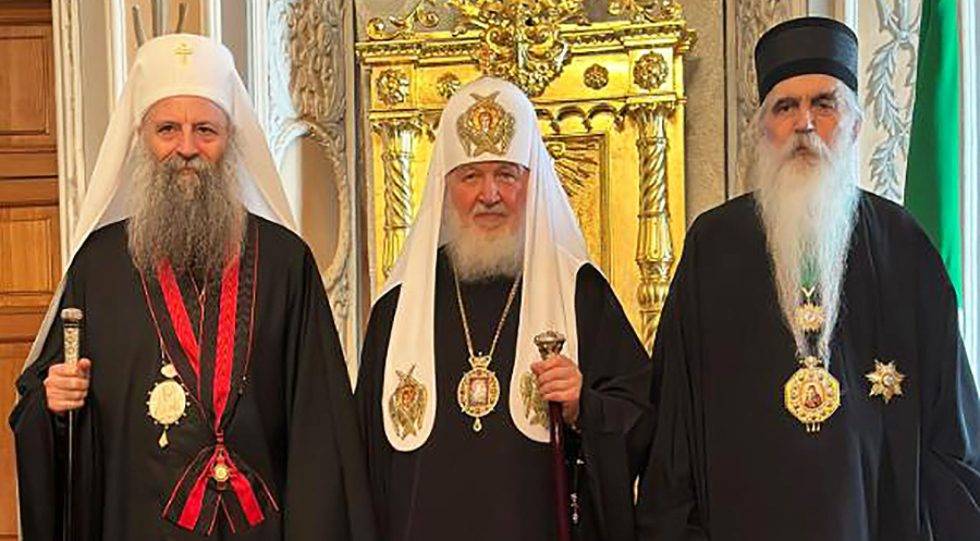
Patriarch Porphyry Awarded the Order of the Holy Equal-to-the-Apostles Prince Vladimir
After the Divine Liturgy in the Assumption Cathedral of the Trinity-Sergius...
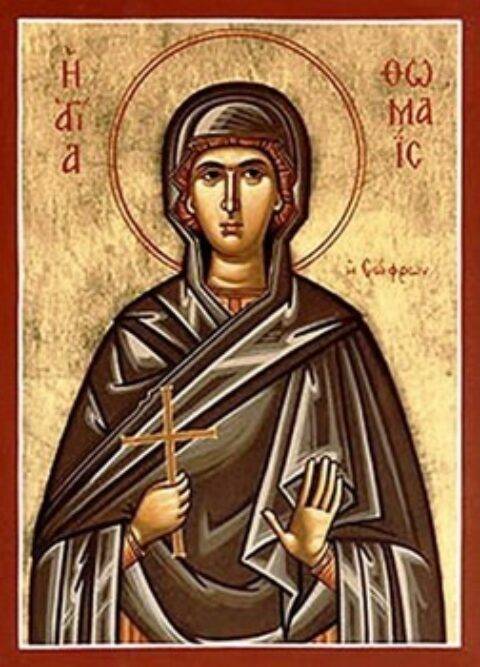
Calendar for April 26 Holy Martyr Thomais
Born in Alexandria of honorable parents; taught piety from a young age and at...
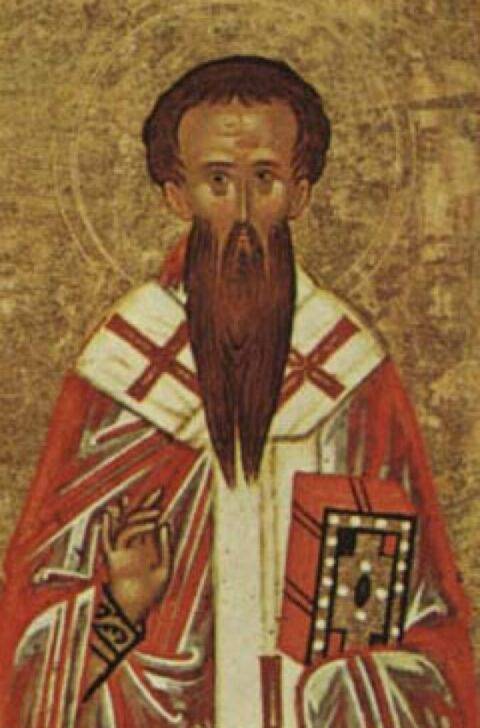
Calendar for April 25 Saint Basil the Confessor – Eastern Friday
A companion and martyr of Saint Procopius the Decapolis. Basil faithfully...


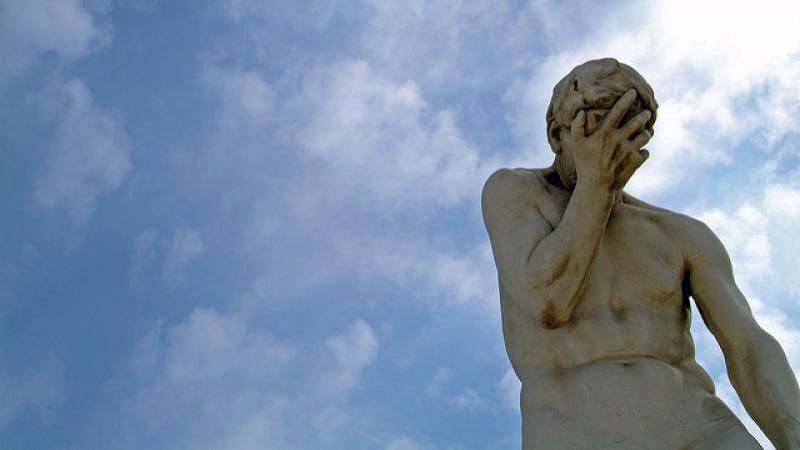

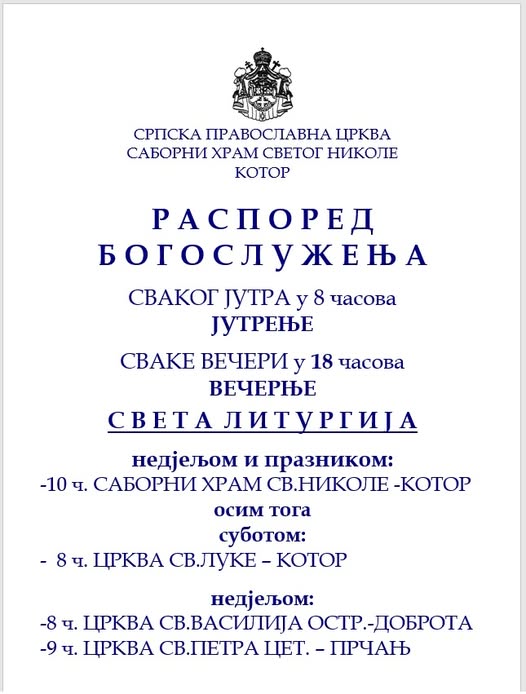
.png)